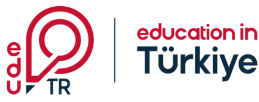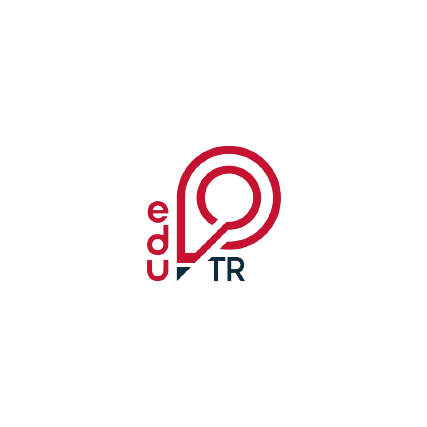- Bachelor
- Type: Turkish (30%)
- 3 Years
- Afternoon Session
Economics—a Bachelor’s Degree program designed to unravel the intricacies of how individuals, businesses, and governments make choices to allocate resources. Our comprehensive curriculum combines economic theory with practical applications, providing you with the analytical tools and insights needed to understand and address economic challenges.
Program Overview:
Our Economics Bachelor’s Degree program is meticulously crafted to cover a diverse range of topics, from microeconomics and macroeconomics to econometrics and international trade. Through theoretical coursework, empirical analysis, and real-world case studies, our program prepares you for a career where economic understanding is a valuable asset.
Key Highlights:
- Microeconomics: Explore the behavior of individuals and firms in the marketplace. Study concepts such as supply and demand, market structures, and consumer choice.
- Macroeconomics: Analyze the broader economic trends and phenomena that impact entire economies. Study topics such as inflation, unemployment, economic growth, and fiscal policy.
- Econometrics: Learn to apply statistical methods to economic data. Gain skills in quantitative analysis to test economic hypotheses and make informed predictions.
- International Economics: Explore the complexities of international trade and finance. Understand the factors influencing exchange rates, trade policies, and global economic interdependence.
- Labor Economics: Study the dynamics of the labor market, including wage determination, employment trends, and the impact of labor policies.
- Environmental Economics: Investigate the intersection of economics and environmental sustainability. Explore how economic policies can address environmental challenges and promote sustainable development.
Career Opportunities:
Upon completion of the Economics Bachelor’s Degree, you’ll be well-prepared for a variety of exciting career paths, including:
- Economist: Conduct research and analysis to understand economic trends, evaluate policies, and provide insights for decision-making.
- Financial Analyst: Analyze financial data and market trends to provide recommendations for investment decisions.
- Policy Analyst: Assess the economic impact of policies and proposals, providing insights for government agencies, non-profits, or think tanks.
- Data Analyst: Apply quantitative analysis to economic and business data, providing valuable insights for decision-makers.
Why Choose Our Program:
- Industry-Relevant Curriculum: Our program is designed in collaboration with economists and industry professionals to ensure you acquire the latest skills and knowledge demanded by employers in the rapidly evolving field of economics.
- Research Opportunities: Engage in research projects and collaborate with faculty on economic research initiatives, contributing to advancements in the field.
- Internship Opportunities: Explore internship opportunities with economic research organizations, government agencies, or private companies to gain practical experience and build a network of industry contacts.
Embark on your journey to becoming a skilled economist with our Economics Bachelor’s Degree program. Join us in contributing to a deeper understanding of economic phenomena and shaping policies that drive positive change in the world.
Information is being updated, stay tuned…
Information is being updated, stay tuned…
Information is being updated, stay tuned…
Information is being updated, stay tuned…

